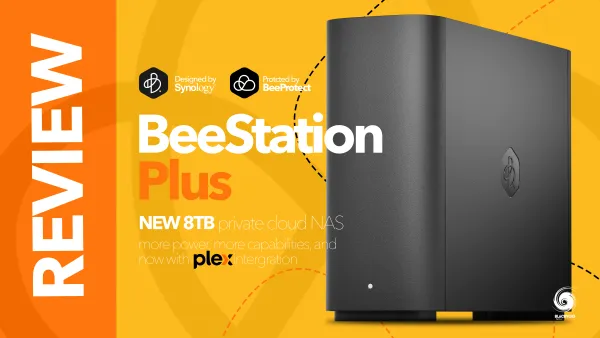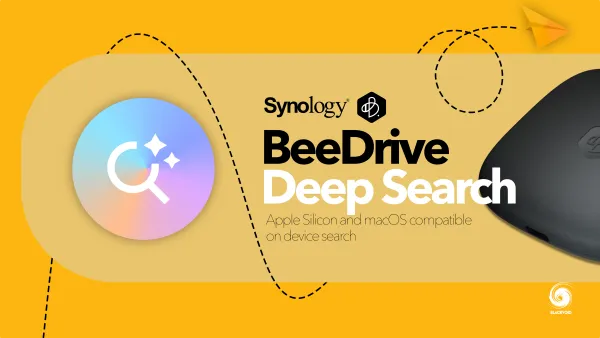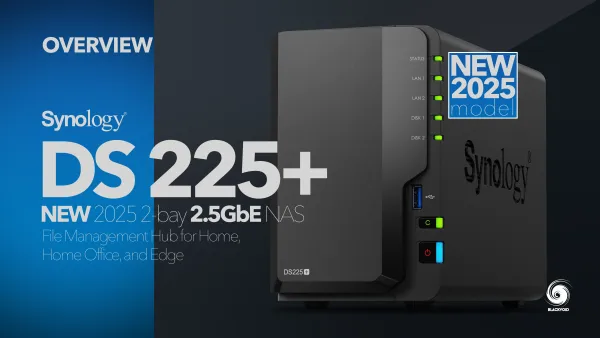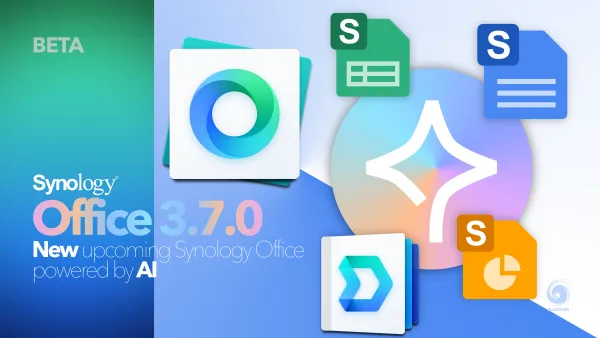Should I get a Synology NAS in 2024?
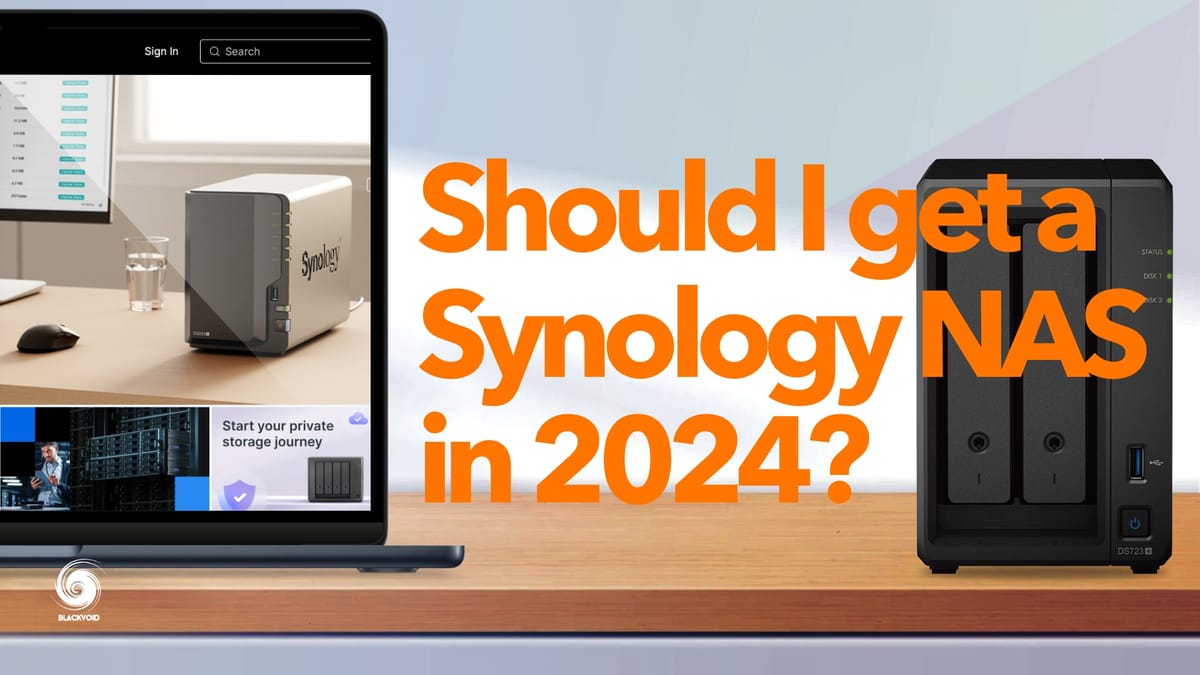
While the title of this article could be considered an opening question, for the moment, let's start with a different one. When was the last time you bought a phone? Maybe not a phone, maybe a tablet or a computer? Any of those devices are almost mandatory in today's way of living and functioning without some or all of those devices is practically unthinkable.
It is clear that the number of services, apps, platforms, and all the other things that make today's life what it is, have transformed the way we live, the way we work, and the way we define what is important to us and what is not.
Getting a new device every few years has almost become a standard, as well as paying a premium for it, but what about a backup solution? Even in 2024, with all the IT threats that are happening daily, backup for most is still taboo.
All the content that we all generate, private or business-oriented, needs to live somewhere but it also needs to be backed up. The illusion of today's commercial "cloud safety" is also not something that should be taken for granted or considered as a place that in return does not require us to have a backup just because of its sheer size and monthly cost.
Cloud players are not 100% immune and that is a fact. Not immune to hacks, exploits, fire, or earthquakes, and that is why the idea of a backup especially today is so important. Some individuals like to keep things close to heart, others just don't care as long as there is a copy of their data in case there will ever be a situation that will require some sort of recovery. That mindset is already better than not caring about the safety of said content, but two other elements quickly arise to the surface while commercial clouds are in question, privacy and price.
The convenience of a public cloud solution is no maintenance, and no worries about infrastructure, utilities, and many other elements that are behind the scene. So it is clear why many users prefer putting their data into public cloud locations for a fee. Over time that might become an issue. Higher prices, less storage space, and various terms of use changes.
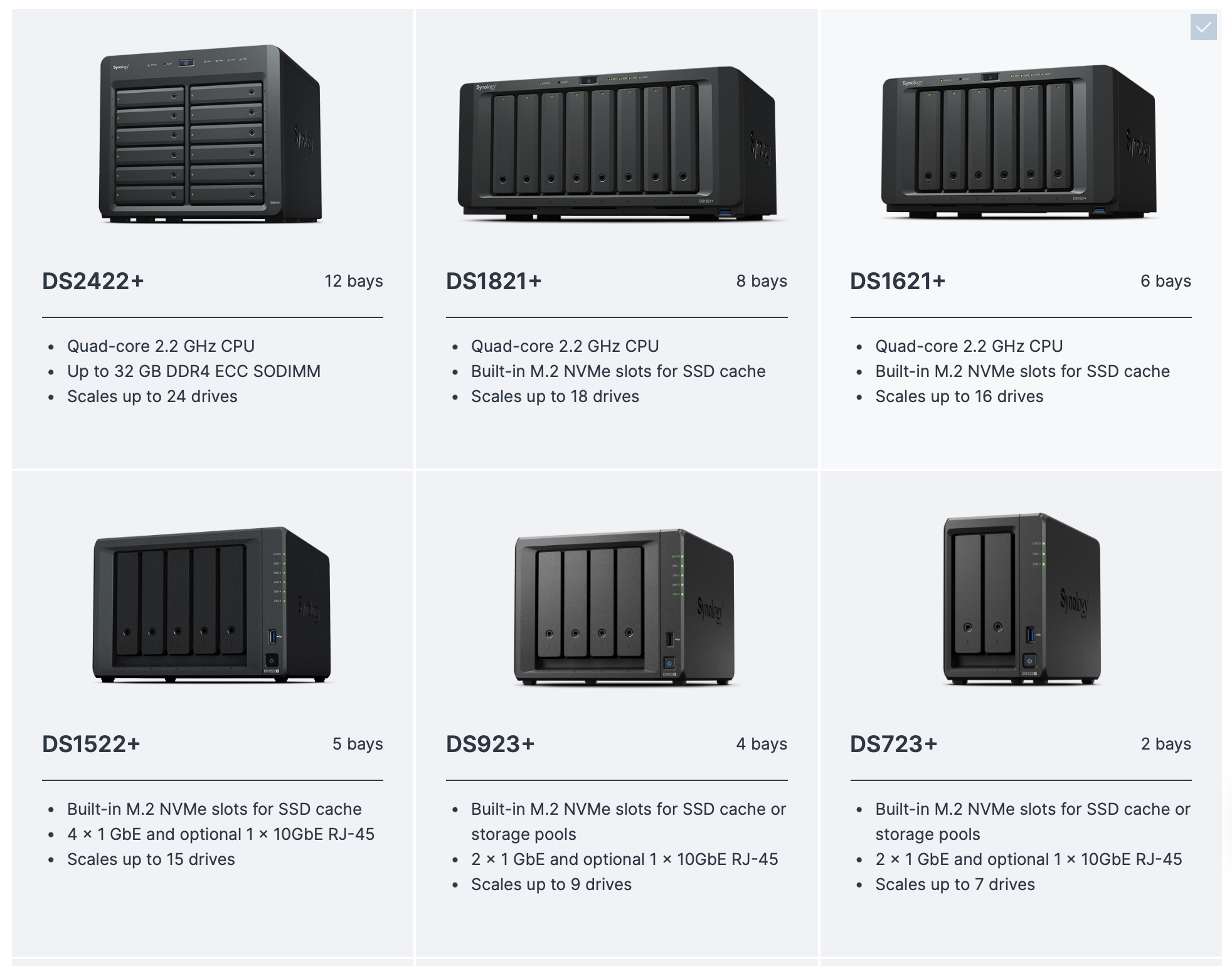
Let's see if something like a Synology NAS is the solution that will solve problems for users who are not backing up at all, as well as those who are maybe considering going back to an on-prem platform instead of a commercial cloud. If we focus on a household alone and not businesses, what options are there that can offer that piece of mind knowing our data is safe, secure, and private? Also, above all completely under our control.
Synology and World Backup month
There is another reason for this article at this exact moment and that is the world backup month. March 31st is World Backup Day and throughout March many companies start with advertising of all their products and services that focus on data protection.
As it happens, Synology will publish its latest product on March 6th, targeting mainstream users, and exactly the majority of users that were mentioned in the introduction of this article. The BeeStation is their new single-bay 4TB NAS product that eliminates the need to be tech-savvy, while still offering major three functions a NAS should do. Backup, share, and sync.
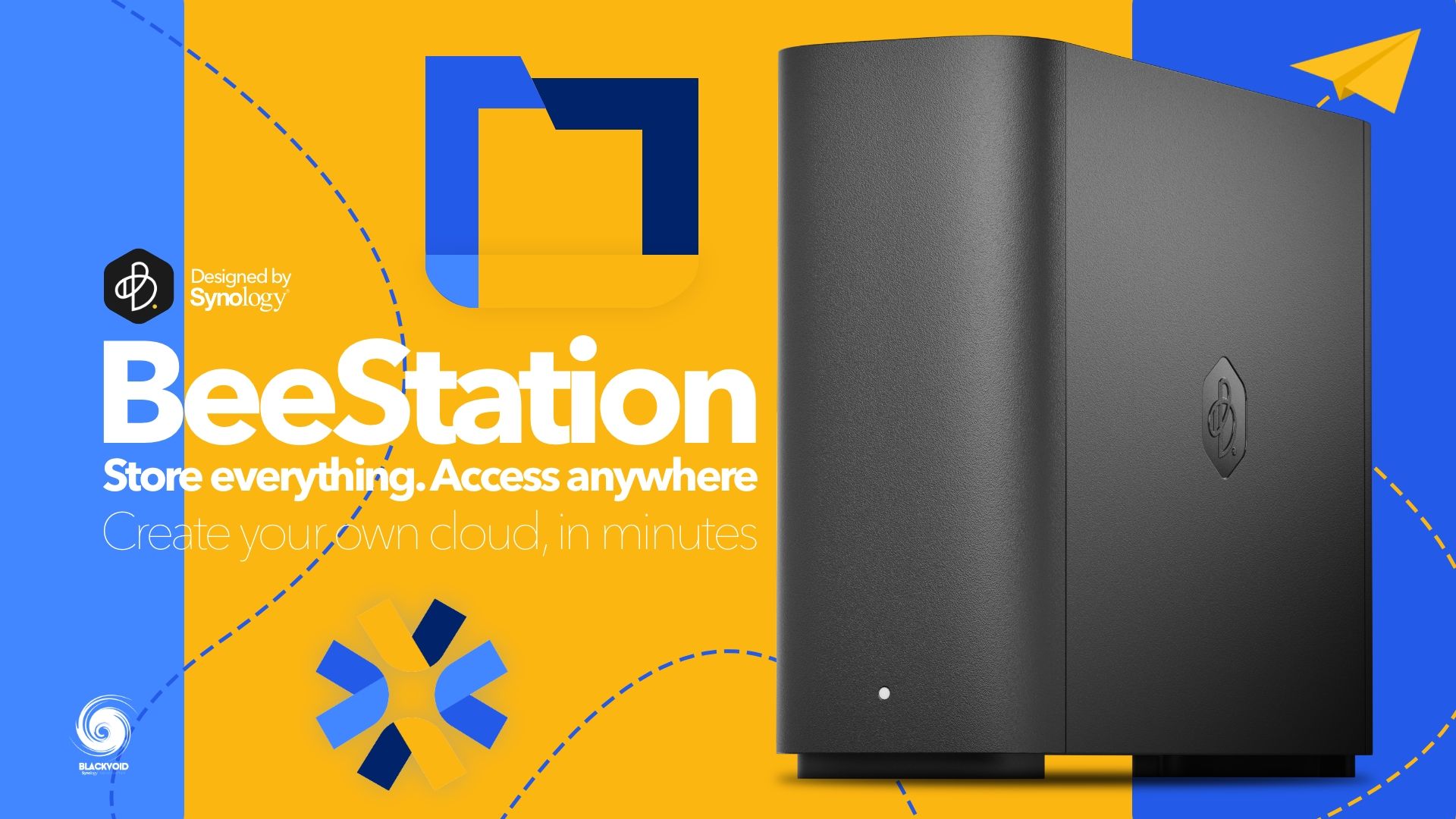
The BeeStation full review - the brand new mainstream NAS for the less tech-savvy
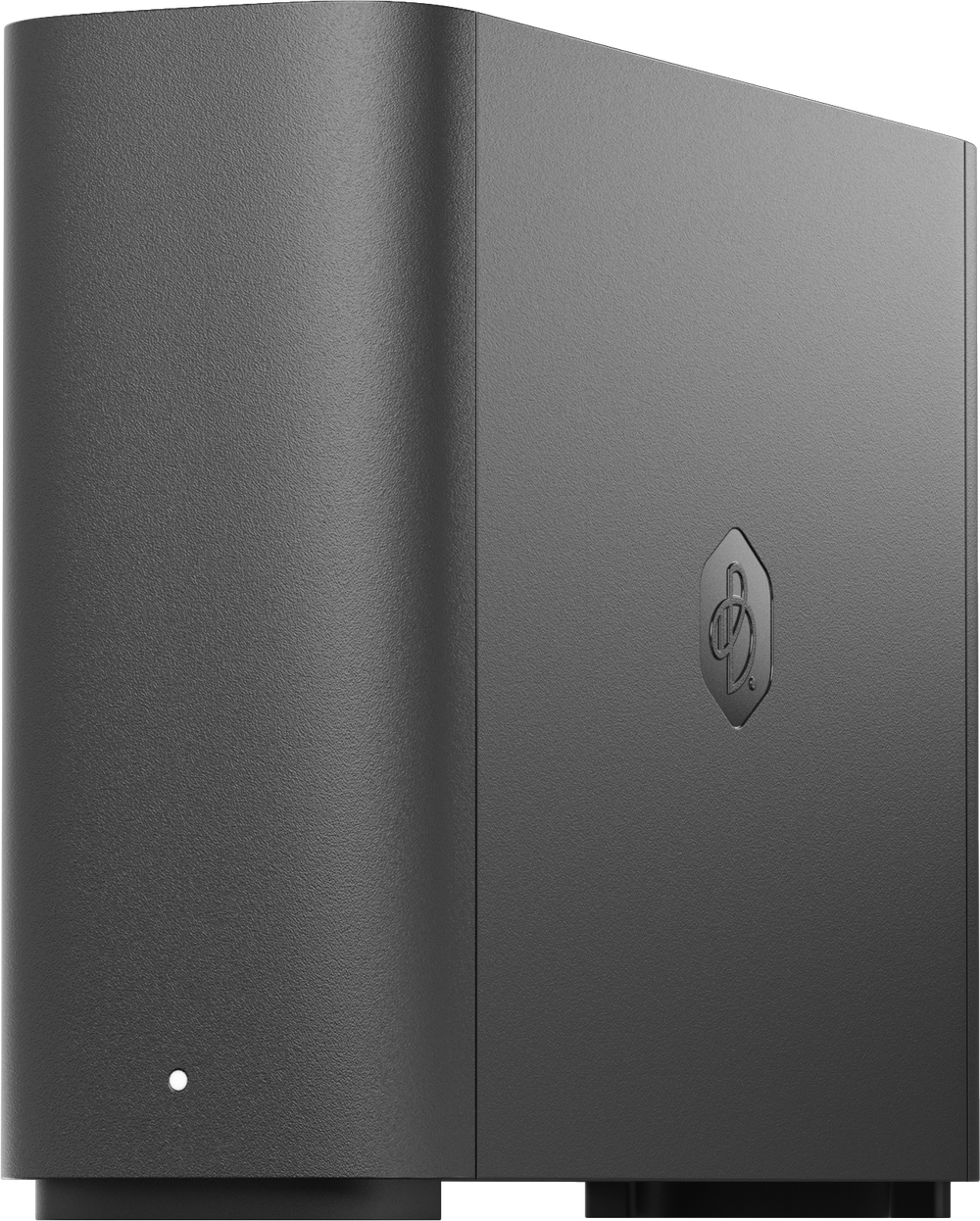
For some, the NAS of this size and complexity might still be too much, so it is worth mentioning another device from the Bee lineup that could solve the aforementioned backup taboo while offering safety and data privacy for the end user.
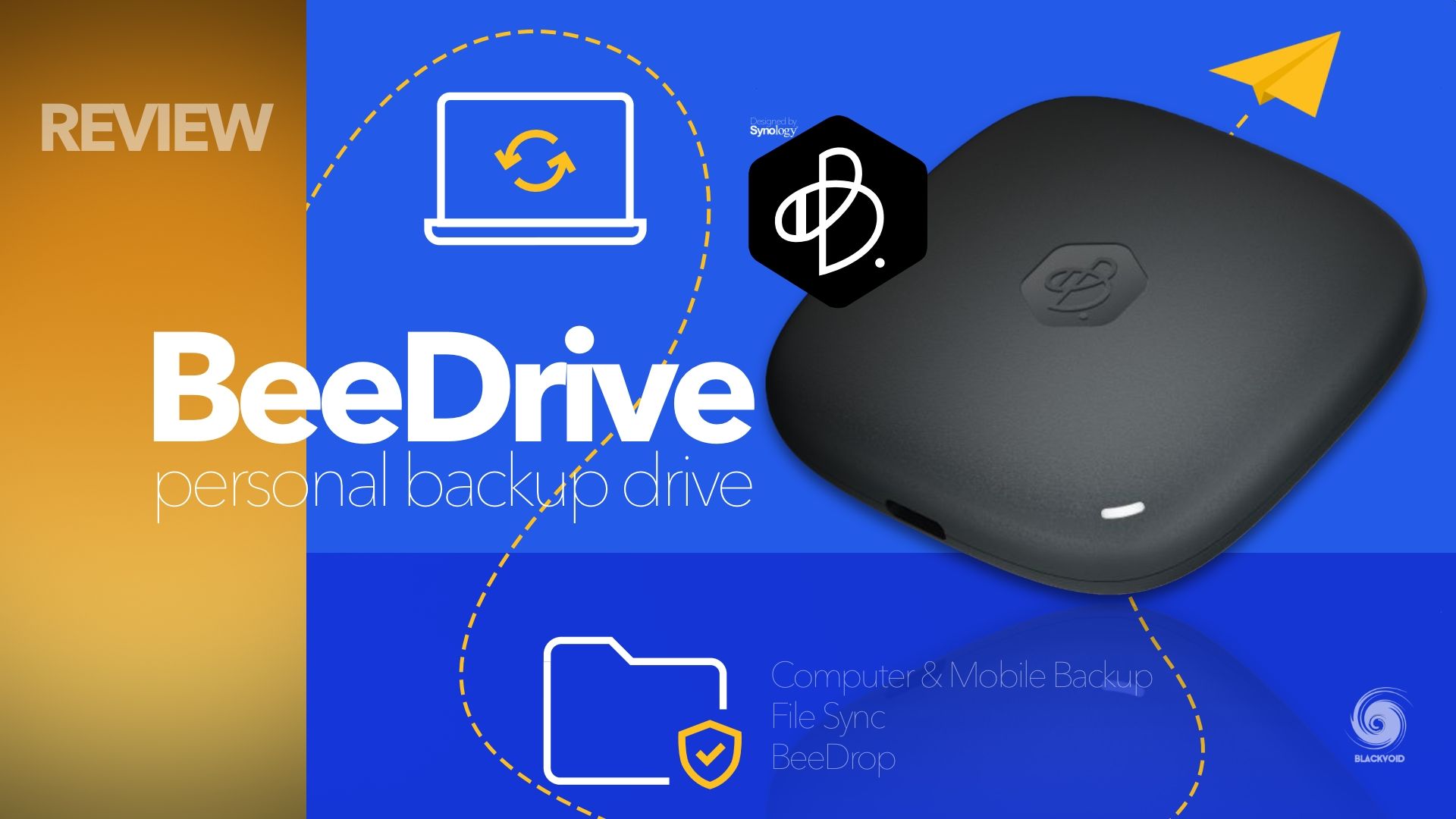
The BeeDrive - small, portable, DAS unit
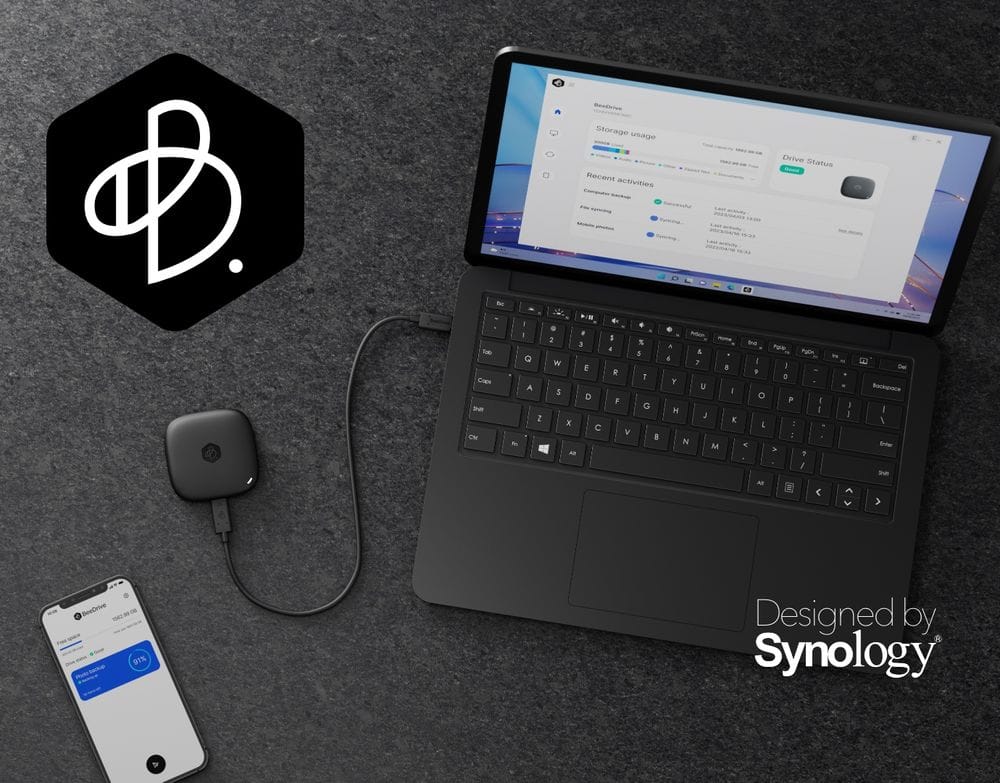
The BeeDrive was introduced in the second half of last year and offers the simplicity of a USB device with the power of the NAS functionality in regards to multi-device backup, including the backup of mobile devices over wi-fi. Coming in three capacities (1/2/4TB), and 10G speeds, the BeeDrive might be the exact thing many are looking for as their backup solution without any overhead of maintaining a full-blown NAS solution.
Software through hardware, hardware through software - Synology philosophy
Staying on the topic of this article, and talking about the devices that are dominating the Synology portfolio, for most users looking into NAS solutions, the Synology brand would be in the top 5. While most consider their turn-key solutions best in class, the competition in this niche exists nevertheless.

Still, Synology has for the past 20+ years kept the same philosophy. Deliver great OS and software through custom-built hardware. It is that same software that is driving the sales of their hardware because users want the polished functionality and stability of DSM with the many features that it offers. At the same time, they get a low-power and silent device that can be fit almost anywhere.
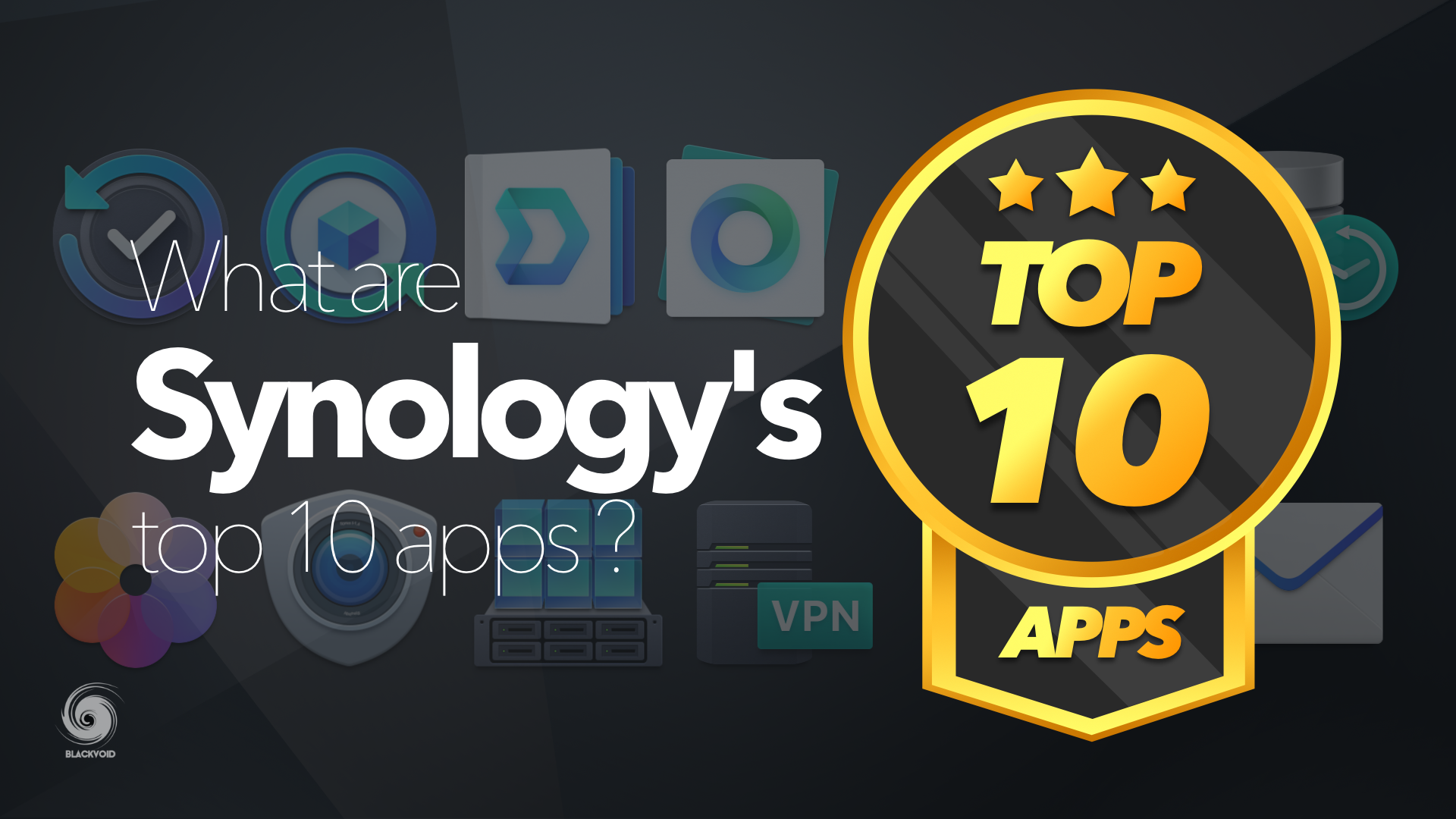
If the class of device such as the BeeStation is not something that would satisfy household needs, then maybe a NAS device driving the DSM OS on top of it will.
Offering many backup options for various endpoint devices including mobile, virtual capabilities, sharing, video surveillance, multimedia streaming, and more.
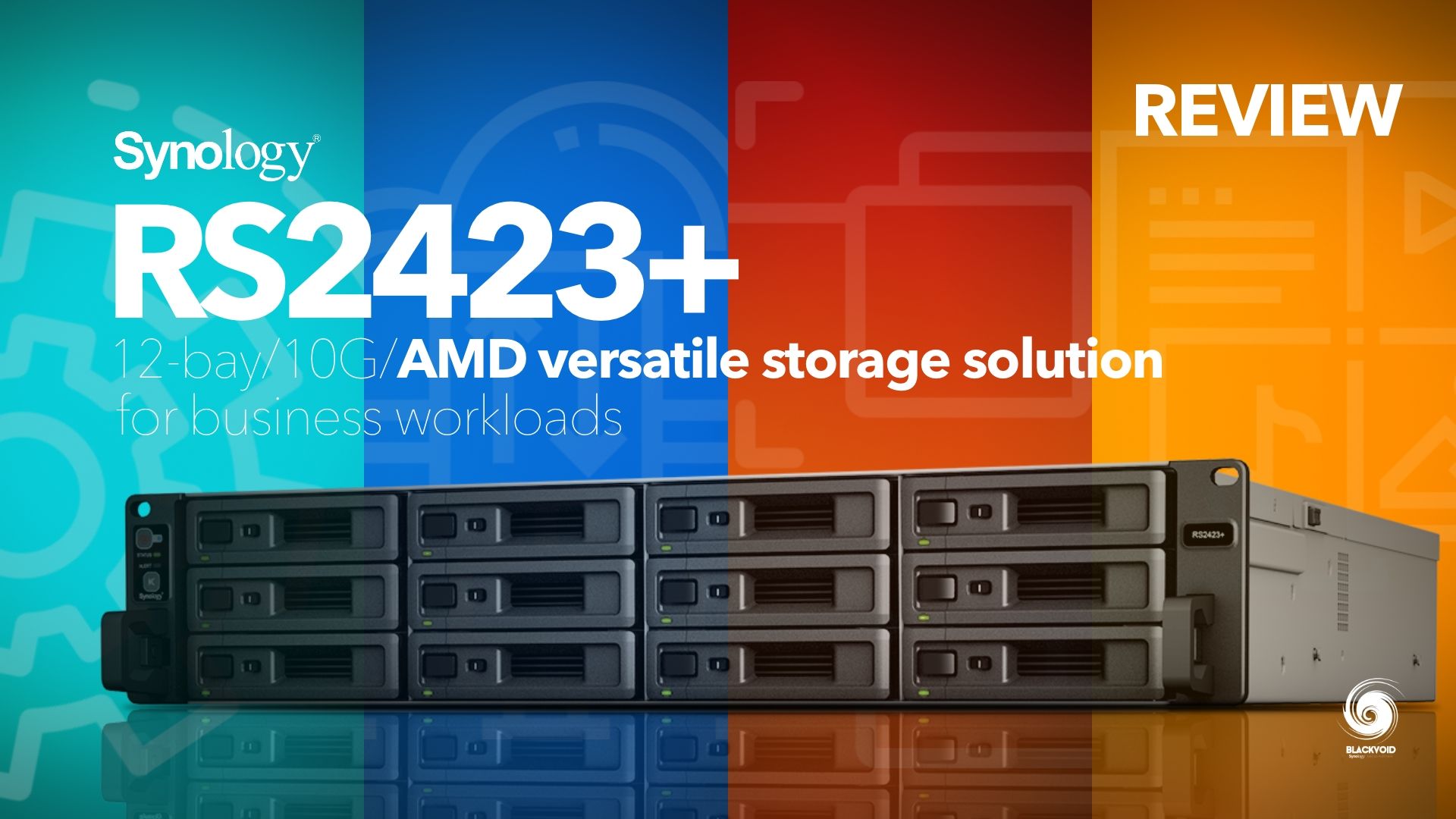

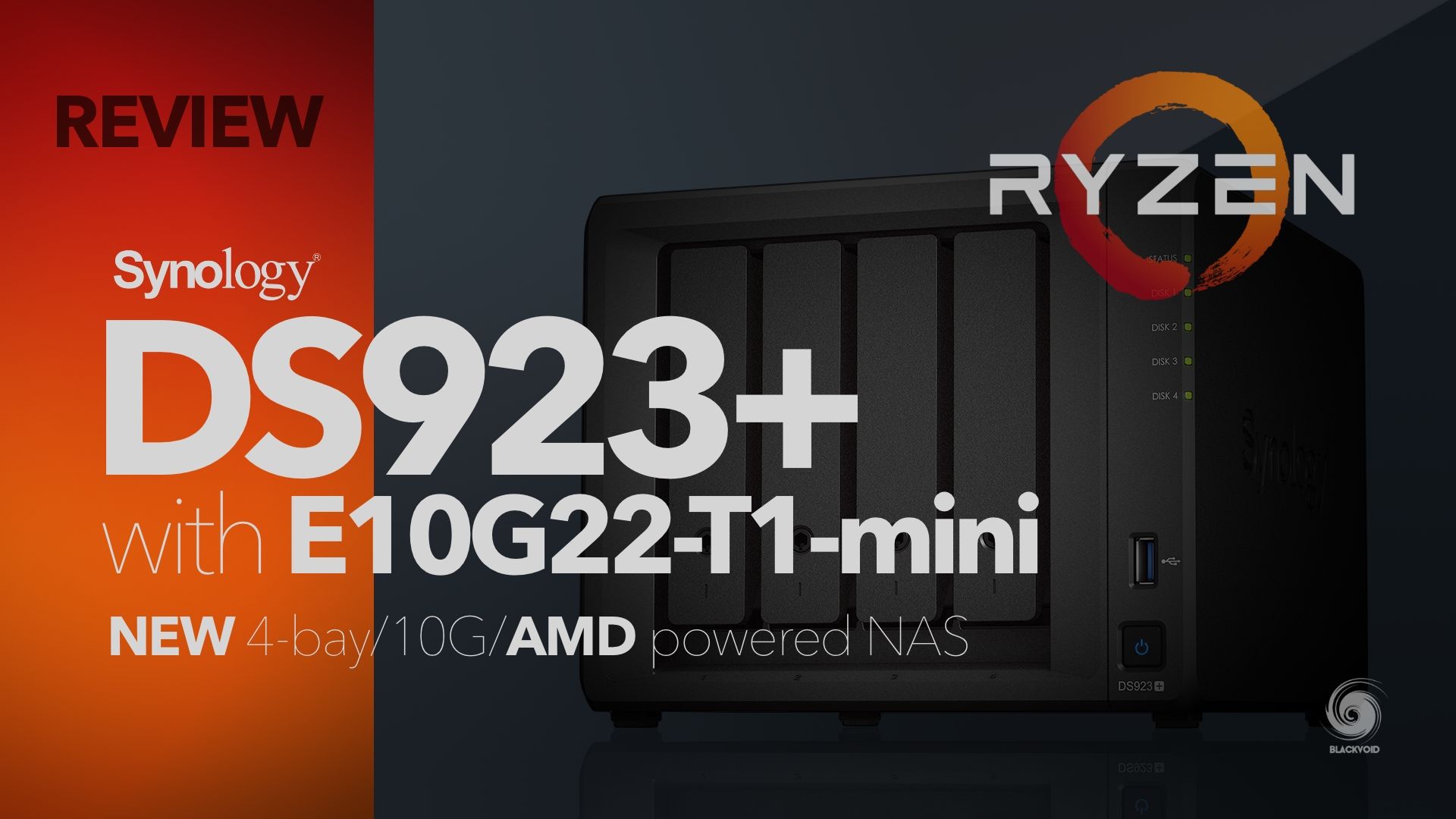
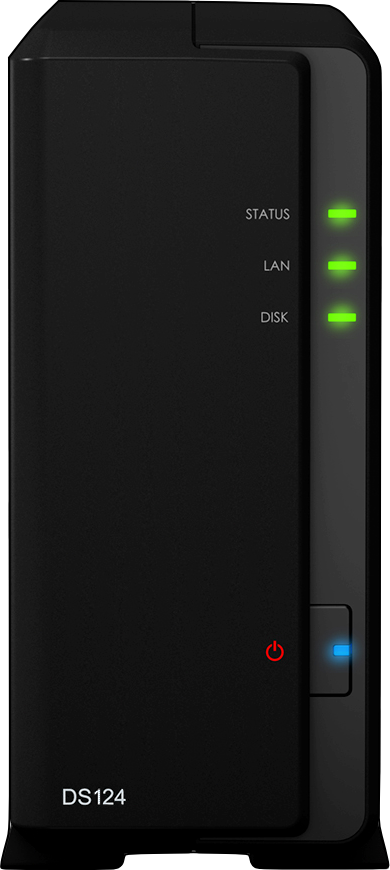
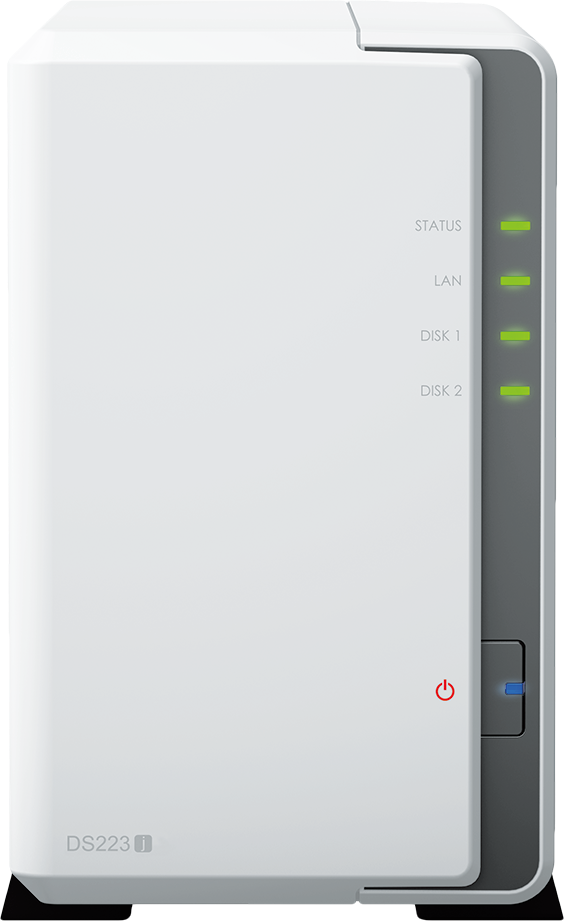
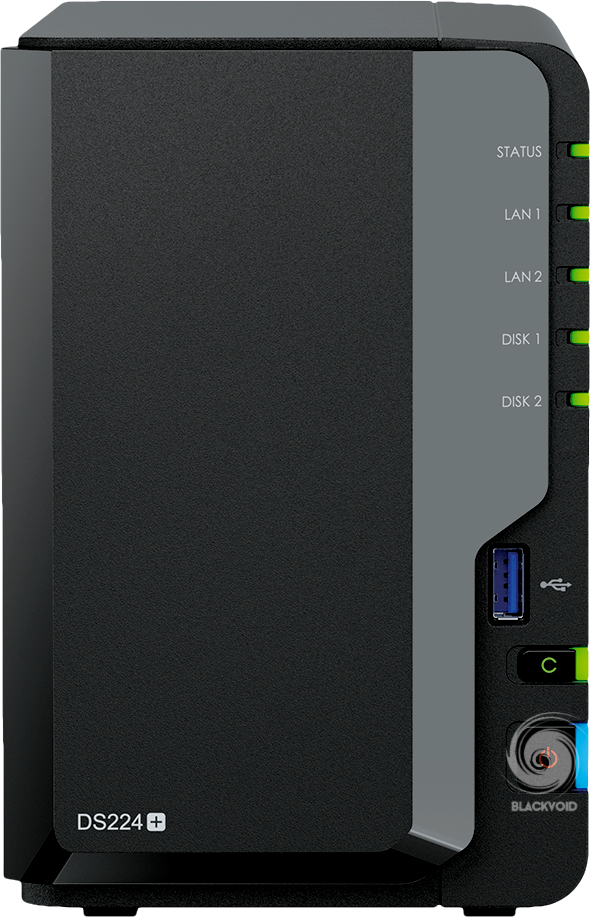
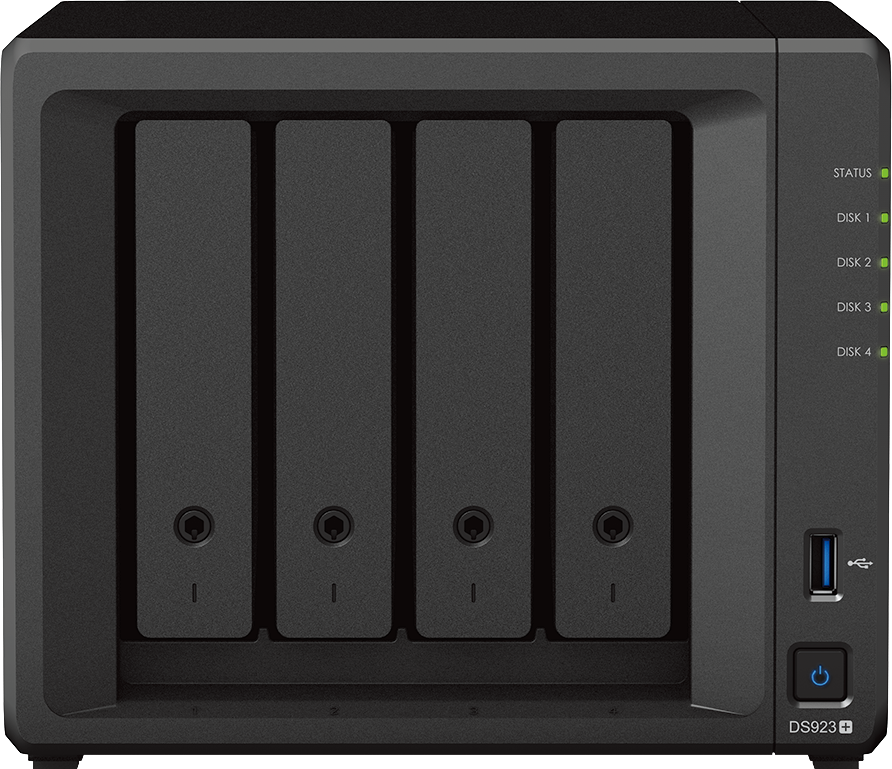
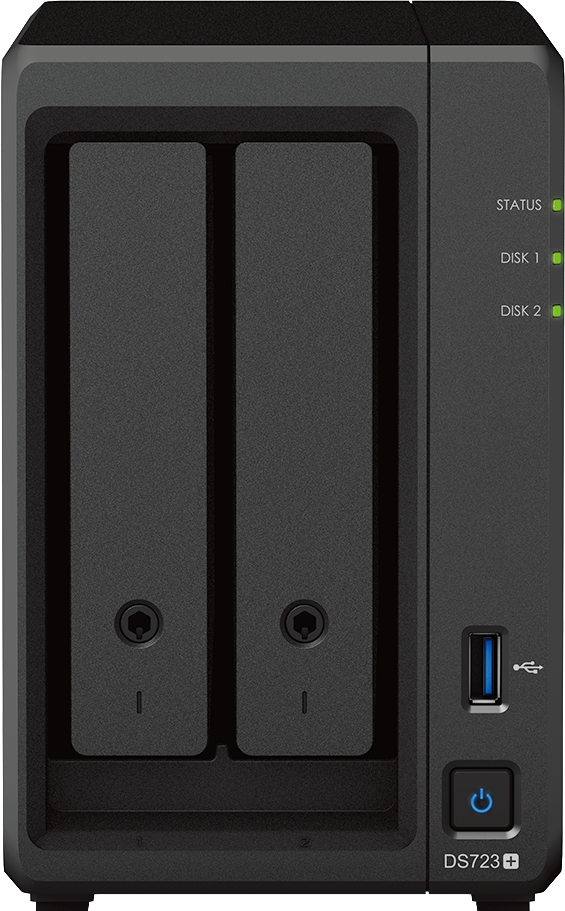
From single-bay to multi-bay models, there will be something for anyone
The same idea of top-of-the-line OS on every device is something that is part of Synology's ideology. Their DSM is available on every single NAS model with almost all the features across the whole lineup, regardless if we are talking about a 2-bay or 12-bay device.
Synology NAS is the type of device that each household should have. It is not only for the tech enthusiasts, and as much as it might seem like it off the bat, each setup can be different. We can configure the NAS to simply be used for backup, while on the other hand, it can do 50 different apps at the same time.
What this means is that investing in a NAS is not just "securing a backup", but bringing a proper low-power NAS into the environment allowing for everyone to enjoy the benefits of this little box.
So why is a 20+-year-old company not part of every home in 2024? Because as it was said before, backup is taboo. Many think that backup is not something that is needed as nothing will happen with their devices, and investing 500€ or more is not something that justifies the idea of a "potential disaster". If we look at the fact that most Synology NAS units are supported for at least 7 years, and last even longer even when the OS support is no longer an option, dividing that 500€ across that period with all the features that the NAS brings, it comes down to about 0,15€ per day. Of course, this is not the only price that needs to be paid when we are self-hosting a NAS solution in our home, but still, the overhead of having such a functional device (not just for backup) for that amount of money is something to think about.
Closed eco-system
While having and using the Synology NAS system has many benefits, there is also one more. Even though in the beginning, this was not the case, in recent years, the company has started to close off more and more. Specifically, this means that on top of the NAS units and the OS, other elements have started to be sold under the Synology label. The most obvious ones are the HDDs and SSDs.
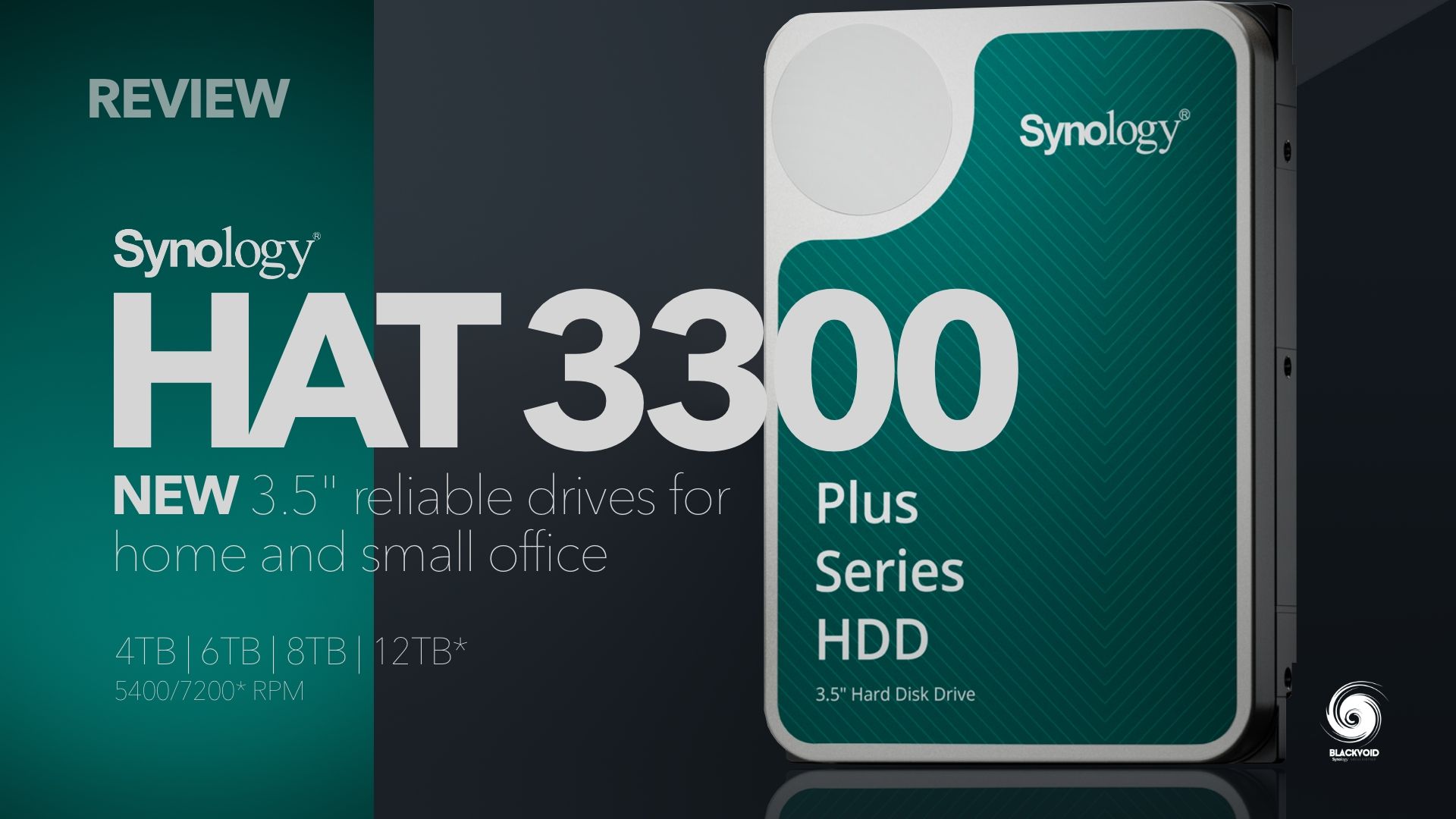
Synology branded drives
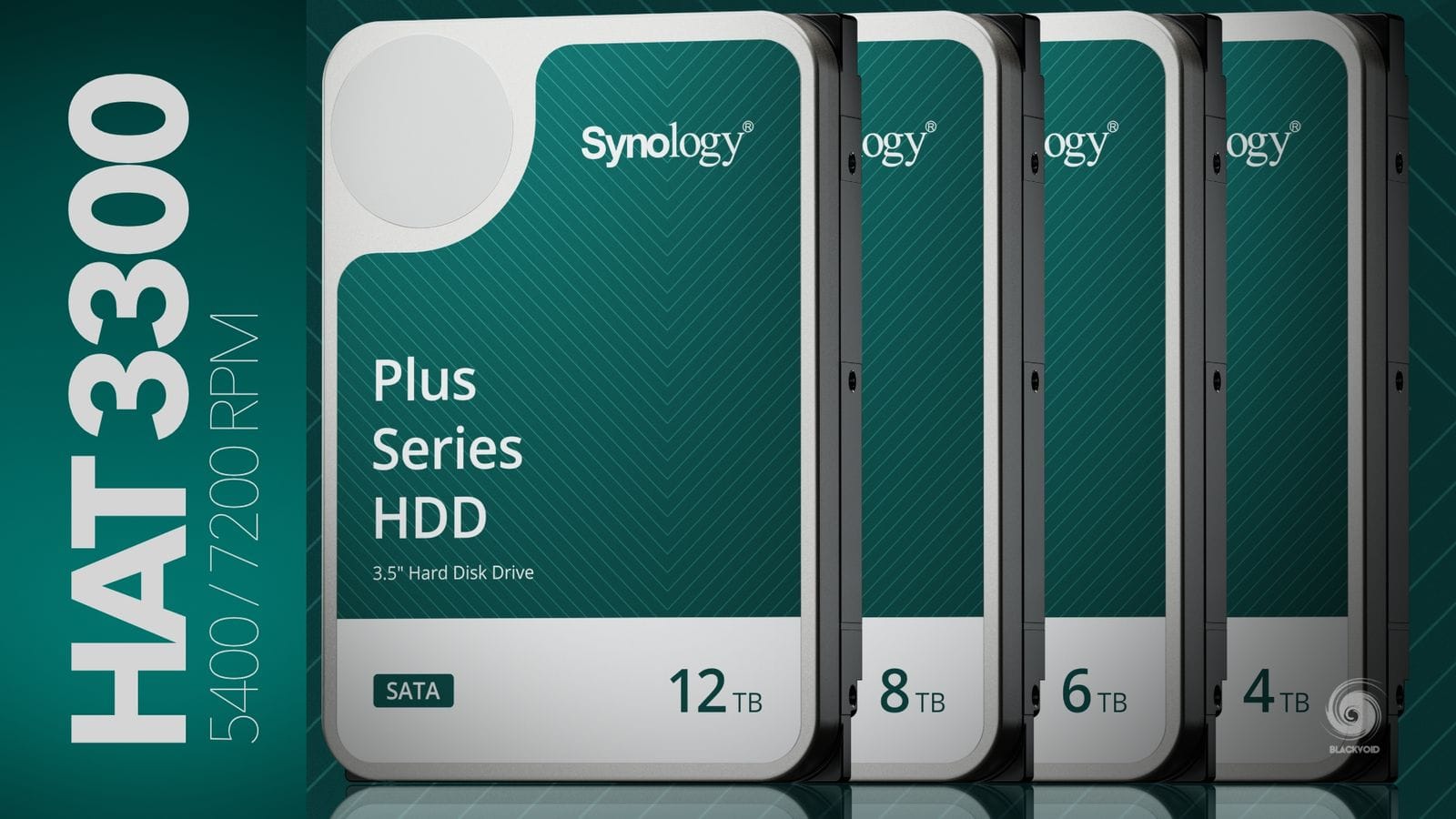
From a user perspective, this will indeed be a turn-key solution that in case of any issues, will be sorted by a single entity, Synology. When buying a NAS it is also sometimes frustrating to think about what drives should be or could be used inside that system. With Synology branded drives as an option, that problem is mitigated by the user, and the focus can shift to actually using the NAS and configuring its services and apps.
A direct result of such a business model also means fewer complications for the company and a focus on the RND for both software and hardware. For Synology that is very important as almost 65% of its employees are developers.
Speaking of research and development, keeping up with all the changes happening in the world of tech requires a great workforce to drive all the ideas and implementations. Generative AI is also something that is on Synology's radar so we can expect that any NAS units will learn new tricks over the years.
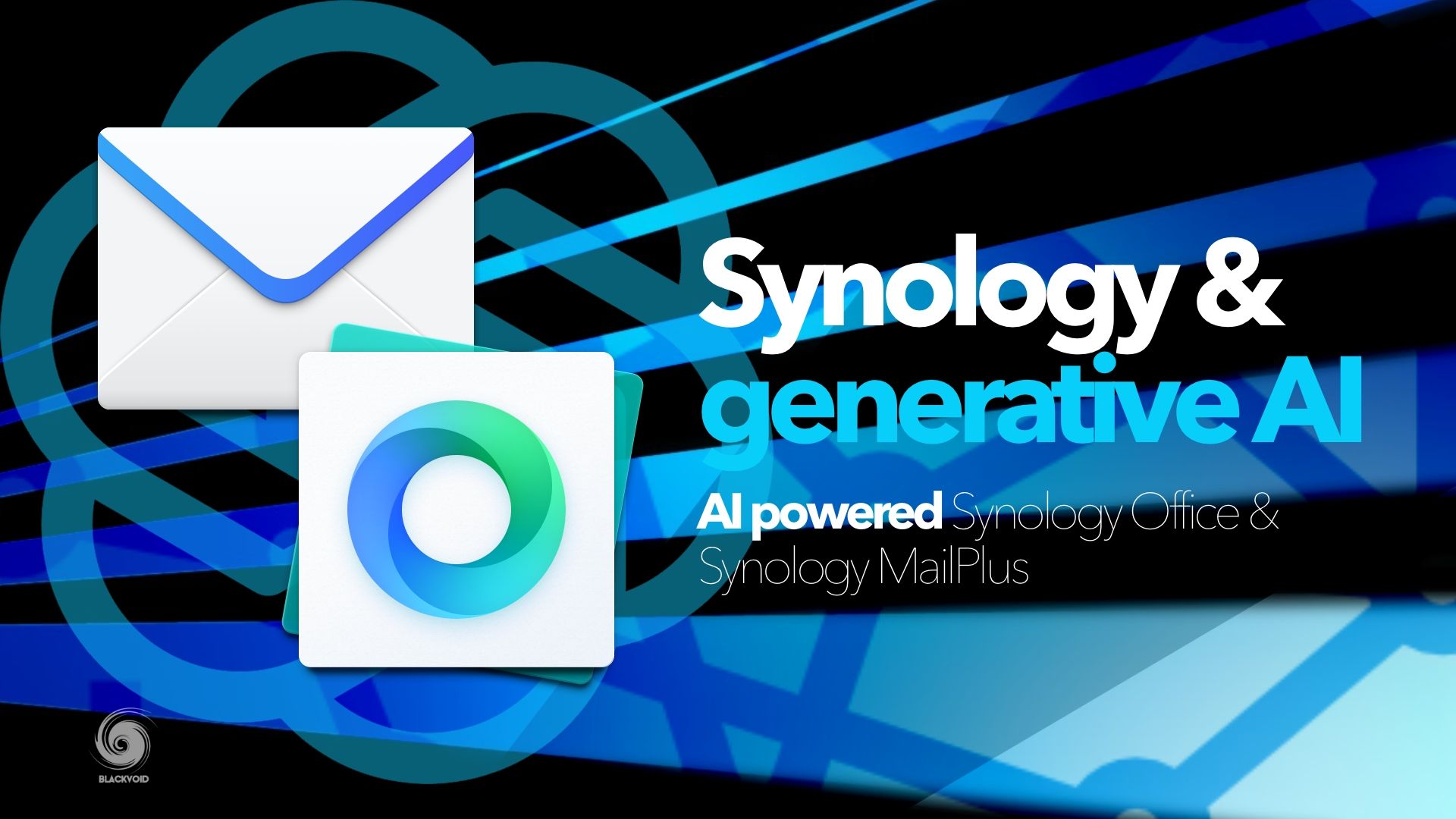
Last year's announcement of generative AI coming to some Synology productivity apps
Synology cloud, C2.
At the beginning of the article, there was several time mention of commercial cloud. Just as Synology is following tech trends and adapting and innovating in terms of its on-prem NAS solutions and DSM OS, they are also working to satisfy the cloud segment of the market.
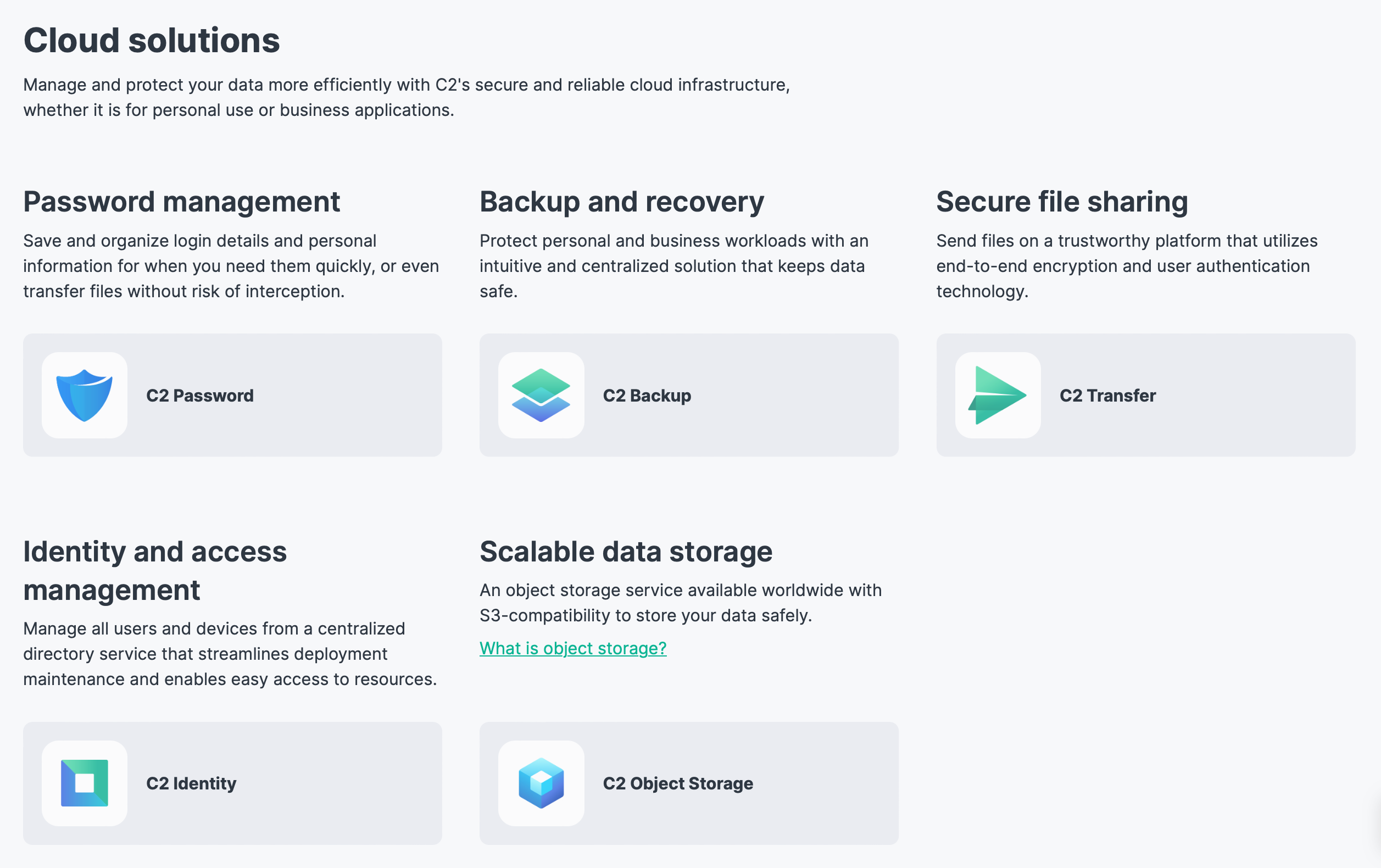
What does that mean for the end user? Well in the spirit of World Backup month, it would be good to know that if one does not want to buy or invest in a NAS, for whatever reason, Synology also offers several services via their C2 platform.
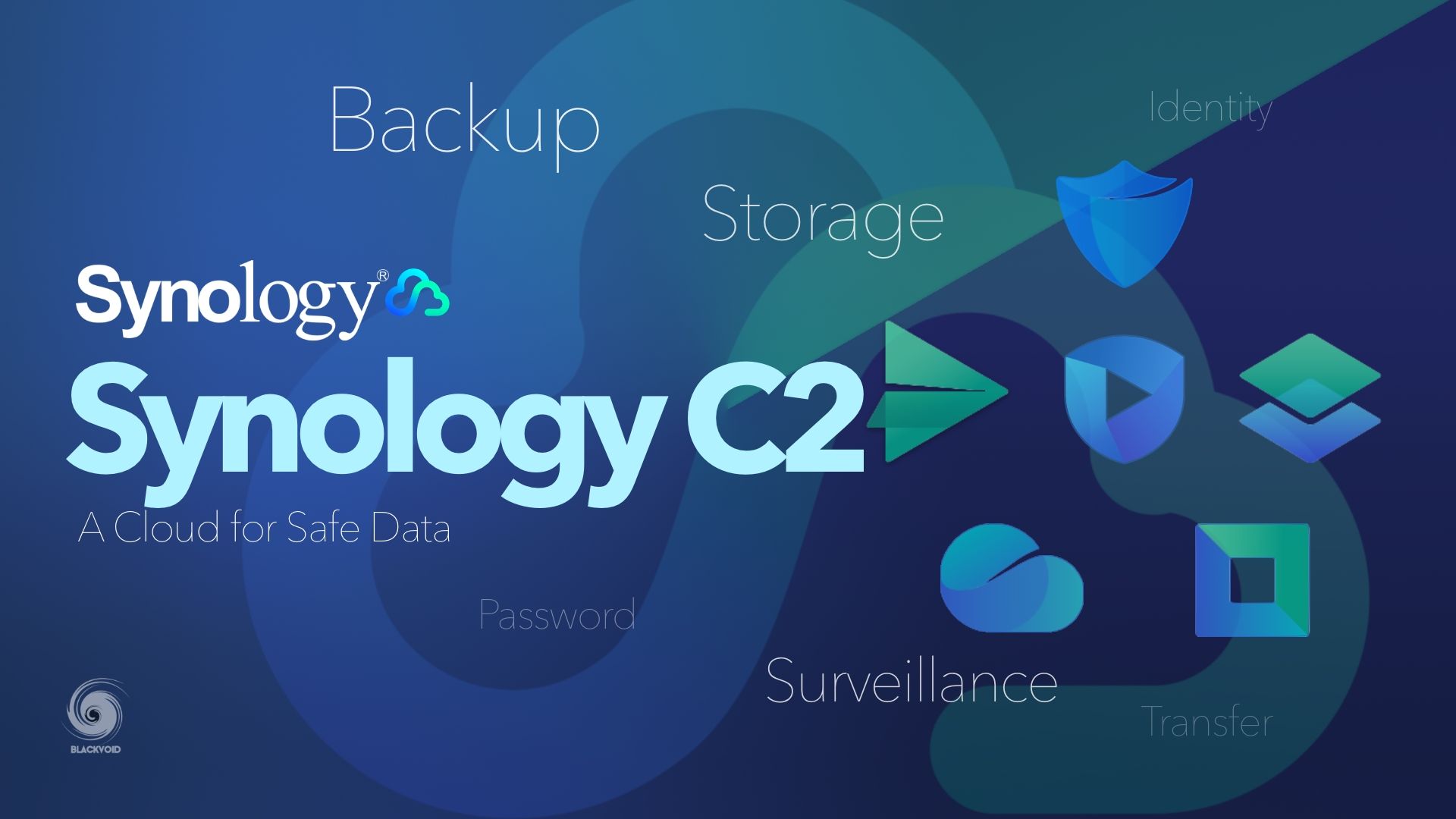
Synology C2 - overview article of all services
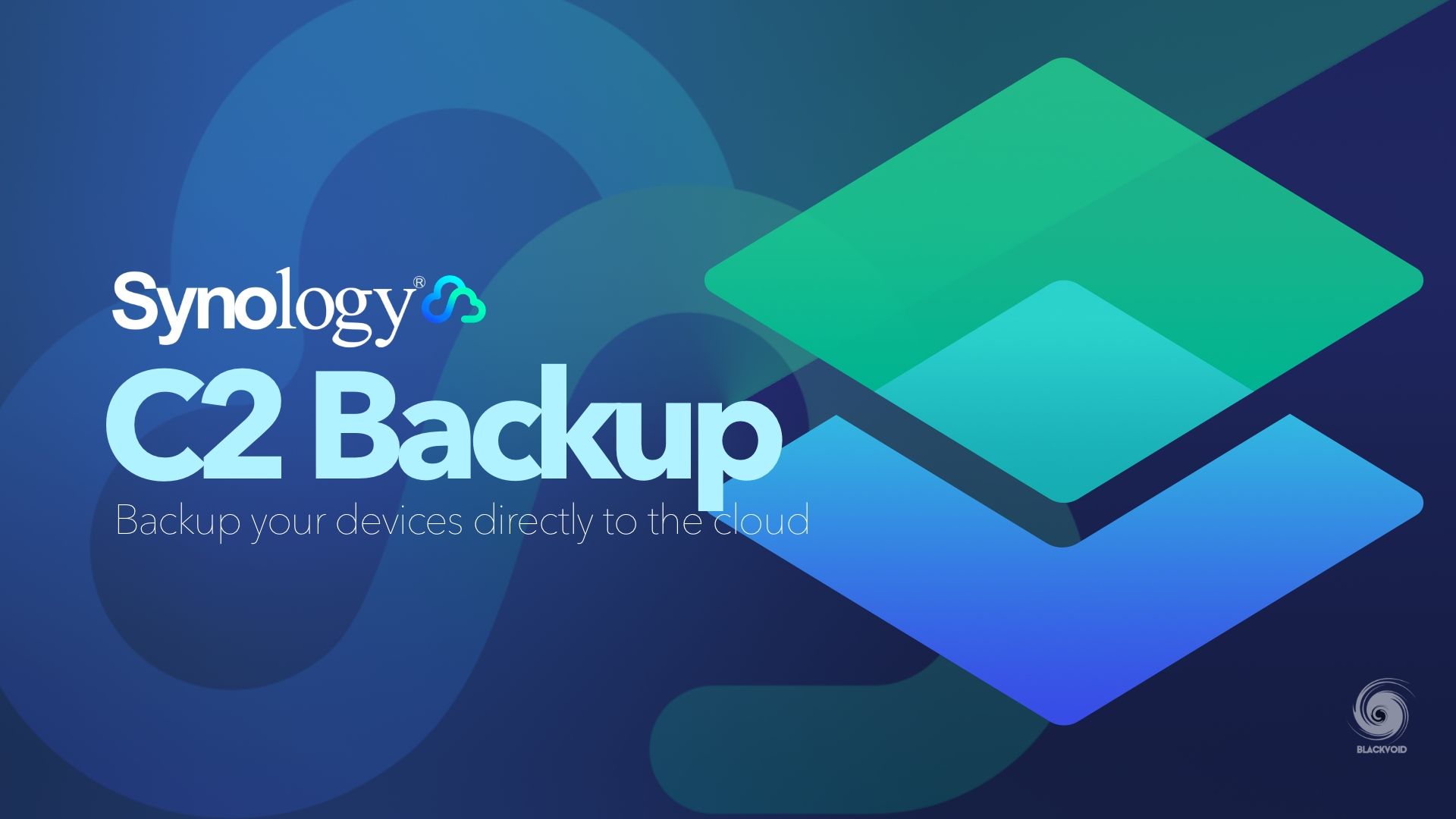
Synology C2 Backup article
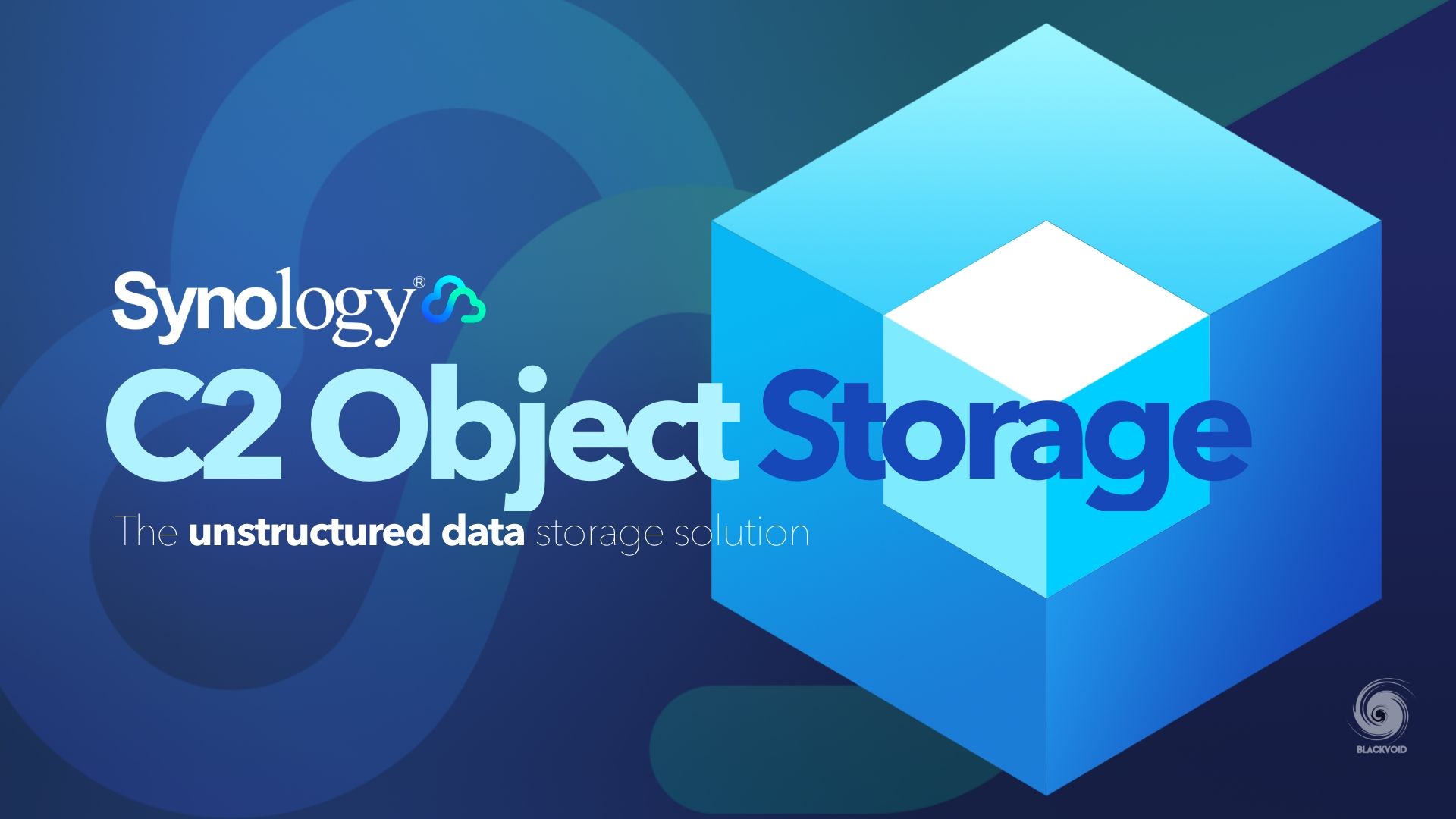
Synology C2 Object Storage article
Focusing mainly on the backup segment of services, Synology C2 Backup and C2 Object Storage will offer off-site backup options without the need to have a Synology NAS in the first place. This could be the option for anyone who has an issue maintaining a NAS solution, or simply has no room and knowledge to support such a platform.
The synergy between on-prem NAS devices and the C2 cloud is stronger each year, so while the NAS could be a backup for that critical data, the C2 could be a "natural" extension of this setup, providing further backup of that same content inside a Synology compatible cloud. This service has been tailored specifically for Synology devices and software with fair pricing that does not treat it as the competition, for pure cold storage, but in fact as a day-to-day offsite backup platform.
The expansion of C2 also comes from the fact that on top of the three current worldwide data centers, Synology will open two more, one in China and another one in the USA.
What's the verdict?
Going now back to the question in the title. Should we get a Synology NAS in 2024? Well, I do hope that the mindset has changed for some of you and that the idea of a backup is something that needs to be implemented.
Should this be a Synology NAS, a C2 backup solution, or any other platform will depend on many elements, but from a security, feature, and privacy standpoint, going with a Synology product will for sure pay off in the long run.
Considering all the threats, and the growing number of private data, there should be no doubt whether or not one should get some sort of backup. It is not a question of if something will happen, but rather when it will happen. When it does, the level of stress is high enough, so having a backup will give that extra piece of mind knowing that every piece of data is safe and sound.
In short, yes, you should get and have a backup solution in 2024, and if you can, do yourself a favor, and go with Synology.
